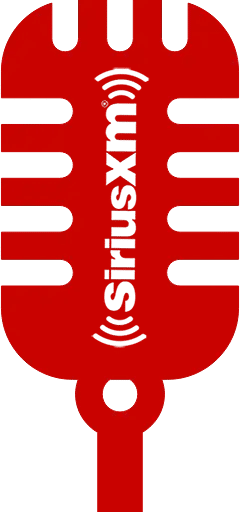DraftKings, a prominent sports betting operator, has announced a new strategy to handle high state tax rates by imposing a surcharge on winning bets in certain states. This initiative is set to begin next year and will affect states like Illinois, New York, Pennsylvania, and Vermont—all of which have sports betting tax rates exceeding 20%.
The decision, as explained by Jason Robins, CEO and co-founder of DraftKings, aligns with common practices across various industries where taxes are typically passed on to consumers. This move was disclosed during the company’s announcement of its second-quarter earnings, which was notably its first-ever profitable quarter since going public. The company reported revenues hitting $1.1 billion, aligning with market predictions according to LSEG.
This strategic shift comes in response to tax increases in states like Illinois, where sports betting revenue now faces up to a 40% levy, and similar high rates in New York and New Hampshire. Despite potential customer pushback, DraftKings is set on transparency, ensuring bettors are aware of the new surcharge, which Robins illustrated could be as minimal as “30 cents on a $10 bet.”
Amidst these changes, DraftKings has also adjusted its financial outlook, raising its revenue forecast for the year while slightly lowering its 2024 EBITDA expectations. Furthermore, the firm’s profitability this quarter, a stark contrast to last year’s loss, underscores its growing market presence and operational efficiency, driven by robust customer engagement and strategic expansions such as the acquisition of the lottery app Jackpocket.
The implementation of this surcharge marks a significant shift in how betting operators might handle high taxation moving forward, potentially setting a precedent for the industry. With mobile sports betting now active in 25 states and Washington, D.C., and more states considering legalization, DraftKings is positioning itself strategically to navigate the complex regulatory and tax landscape of the U.S. betting market. Moreover, the announcement of a $1 billion share repurchase program reflects confidence in the company’s financial health and future prospects.






